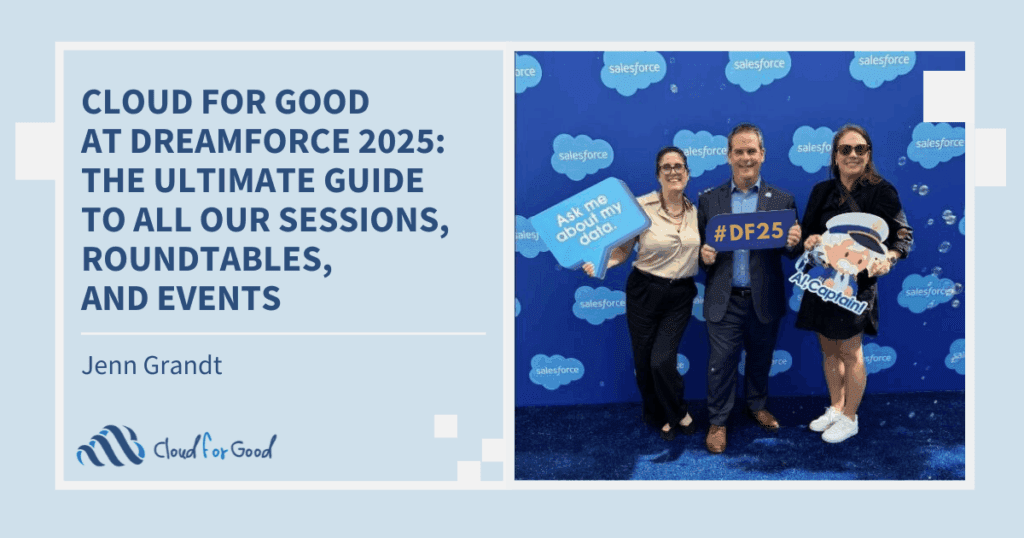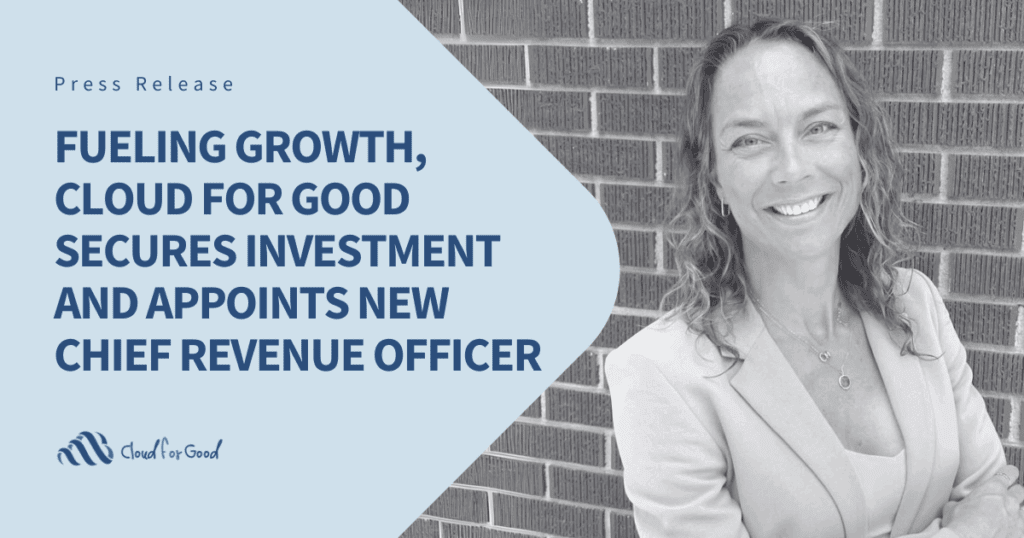Online Business to Consumer and Business to Business sales continues to grow at a rapid pace both in the United States and worldwide. In 2018, for example, US e-commerce retail sales grew to 14.3% of total retail sales, up from 12.9% in 2017 and 11.6% in 2016. Amazon.com alone accounts for approximately 40% of US online retail sales.
On the B2B side, electronic channels accounted for 50.7% of US B2B transactions in 2018, increasing 11% to $1.082 trillion. But those statistics may not tell the whole story; according to B2BecNews surveys, of 276 manufacturers, wholesalers and distributors, 60.7% of manufacturers and 38.1% of wholesalers and distributors do not yet have an e-commerce site, so there is likely still significant room for growth in this sector, with much of the existing sales volume coming from large trading partners.
Clearly these numbers indicate that e-commerce has become a clearly accepted form of transaction in both the retail and wholesale environments and the next step is to think about how your institution can take advantage of these trends.
Salesforce has significantly bolstered its offerings in support of e-commerce over the last several years, first with the acquisition of one of the leading business to consumer platforms in the industry (Demandware), in 2016 and then rounding out its support through the acquisition of CloudCraze, a business to business e-commerce application. Together, these platforms have been consolidated and rebranded as Salesforce Commerce Cloud. Gartner Group put Salesforce Commerce Cloud as the leader in e-commerce platforms in its Q3 2018 Wave Report.
Education Institutions and Commerce Cloud
Fundamentally, Commerce Cloud is an online storefront with really strong merchandising capabilities, including the ability to create product bundles and multiple types of discounts and great integration with mobile and social media channels. Since retail typically isn’t really where higher education institutions are focused, here are some suggestions about how to leverage the product in your platform strategy, which we’ll go into in more detail below:
- Online Course Registration
- Campus bookstore
- Food ordering/delivery services
- Student Parking Passes
- Athletic event tickets, merchandise
Course Catalog
Whether your institution is providing online courses, physical classes or some combination of the two, Commerce Cloud can provide a robust solution to get materials about course offerings in front of your community. With Community Cloud, you can create separate catalogs for different schools or degree programs within a large university, even allowing for cross-registration between schools. When combined with the campus bookstore use case, students can purchase course materials immediately upon registration, or material recommendations can be pushed to them as a follow-up to registration.
Upon completion of the class ‘purchase’, integrations can move the registration data from Commerce Cloud into the institution’s Student Information System, the Salesforce Student Advisor Link and the Salesforce Marketing Cloud in a seamless process, providing the right information to Administrators, Faculty and Advisors in the systems in which they are accustomed to operating.
If they have questions during the registration process, they can work with advisors or other designated representatives, who can register them in an ‘offline’ transaction. Salesforce Service Cloud can integrate with Commerce Cloud to provide a seamless experience for agents, who can see the full history of a student’s interactions and respond appropriately.
When integrated with Salesforce Marketing Cloud, registration can trigger sophisticated journeys, including messages such as Add/Drop deadlines, and make use of the communication channels that are most appropriate to the audience (e.g. text/SMS vs email).
Additionally, Commerce Cloud comes bundled with Einstein AI which helps with recommendations (if you like x then you might also like y and z) as well as providing custom sorting and ordering in searches. These tools can help students discover courses that they may not have been aware of or think about new relationships between courses of study.
Online Retail
Students are accustomed to online purchasing and they expect to be able to do anything online. Meeting their expectations is critical to keeping them happy and engaged and Salesforce Commerce Cloud can help. From ordering pizza through campus dining services to getting tickets to a big basketball game, Commerce Cloud can give students a modern, sophisticated purchasing experience that can integrate with your point of sale systems and back-end inventory and billing system to provide a seamless experience for your students.
Commerce Cloud’s product bundling and discounting capabilities can shine in these scenarios as well as with registration, allowing event tickets to be bundled with merchandise or alumni ticketing discounts, with that information flowing back into the institution’s Advancement systems. Knowing that a prospective donor has bought tickets to the big football game can be a great opportunity to send a message tailored to their interest.
Einstein AI can also help in these more standard online shopping scenarios, helping shoppers discover items they might not otherwise be aware of or which your institution wants to promote.
When leveraging Advertising studio (part of Marketing Cloud), you can push targeted advertising to your constituents based on their behavior in Commerce Cloud – building awareness and engagement with your institution, whether it be an ad about the next upcoming home game, with a link to the ticketing site, or a coupon for the midnight pizza special during finals week.
Technology Considerations
Commerce Cloud has been designed from a mobile-first perspective, optimized for the devices that your students rely on, in order to provide the first-class experience that they expect. By leveraging one core platform for your online retail needs, you can quickly roll out changes to branding and other assets, while still retaining the customizations necessary for individual functions and departments. Rather than managing assets across multiple platforms, each with their own idiosyncrasies and limitations, you can manage multiple sites, each providing their own custom look and feel, but leveraging the same tools and content. Front-end development tools leverage familiar web standards (Javascript, Bootstrap/JQuery) combined with proprietary markup language geared to e-commerce requirements,
Hosting is entirely cloud-based, reducing your institution’s reliance on on-premise technology and abstracting some of the basics, such as database administration. This allows your institution to focus on adding value in the user experience and merchandising functions rather than low-level, commodity work.
As always with a Salesforce product, Commerce Cloud is built with integration in mind, with a set of robust APIs that allow for connection not only among different Salesforce products as described above but also to other systems in your institution’s technology portfolio, including ERP, student information and financial systems.
While leveraging an online retail platform might not seem like a natural fit for an educational institution, some creative thinking can help deliver a better user experience to your students and donors and provide you with additional information about their habits and interests, all of which can help you build a stronger relationship with them.





